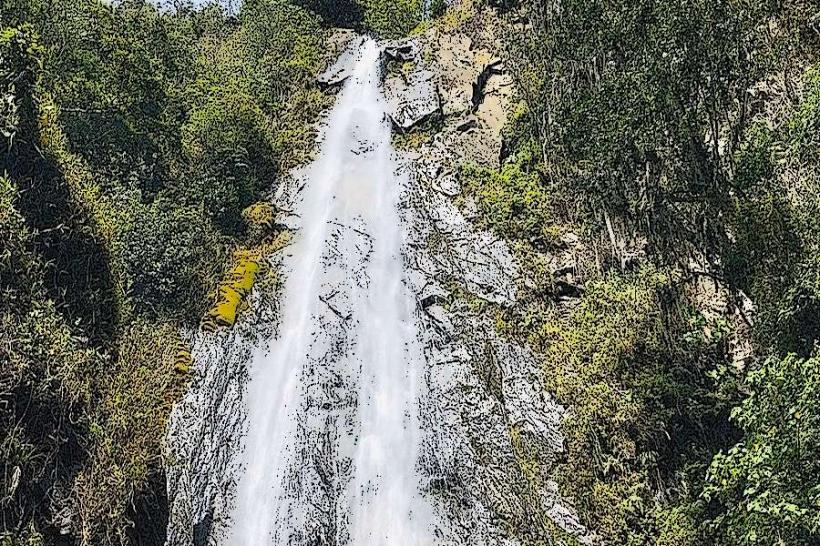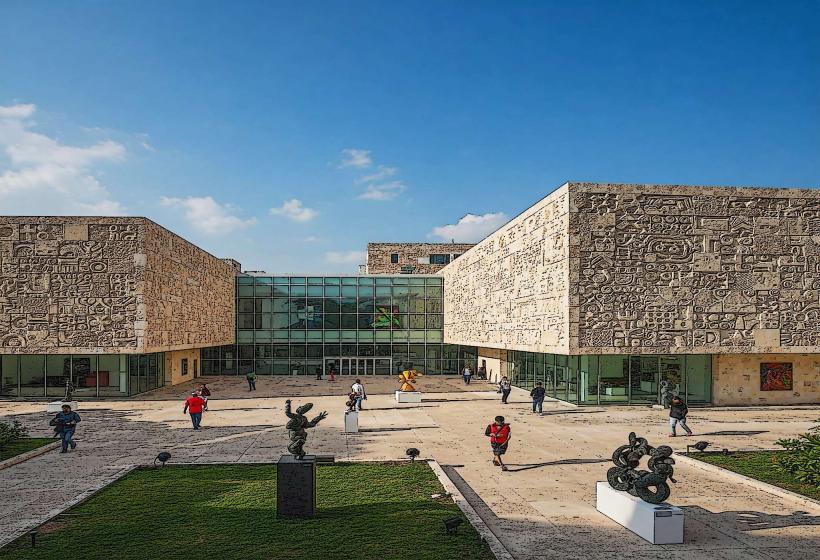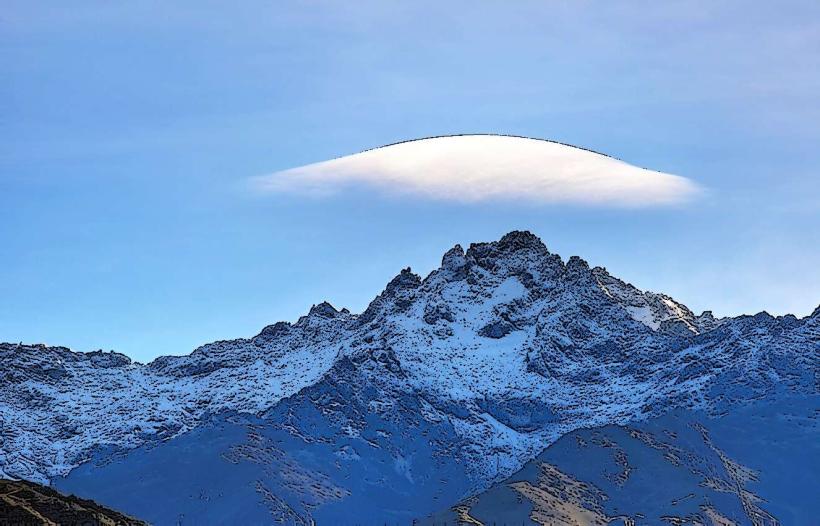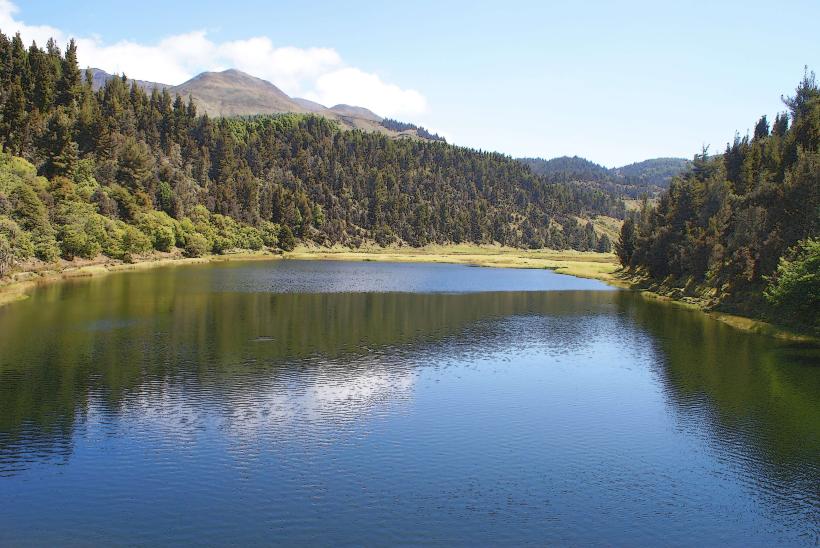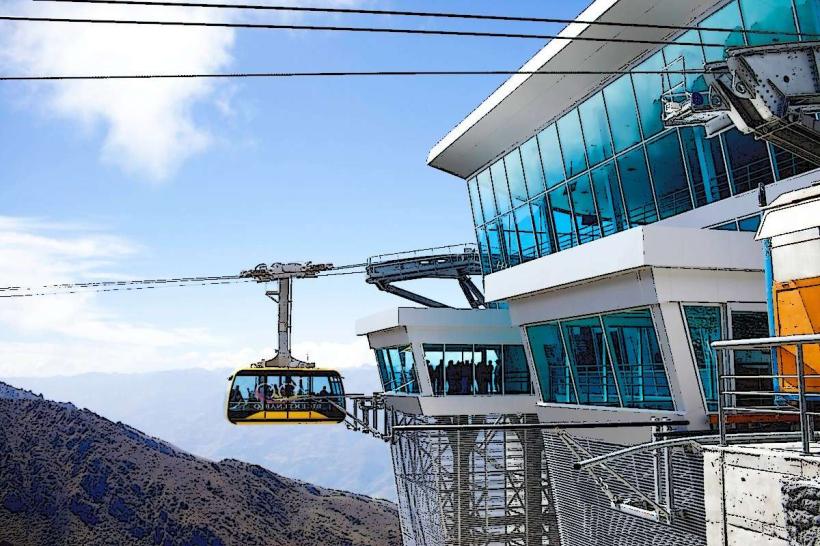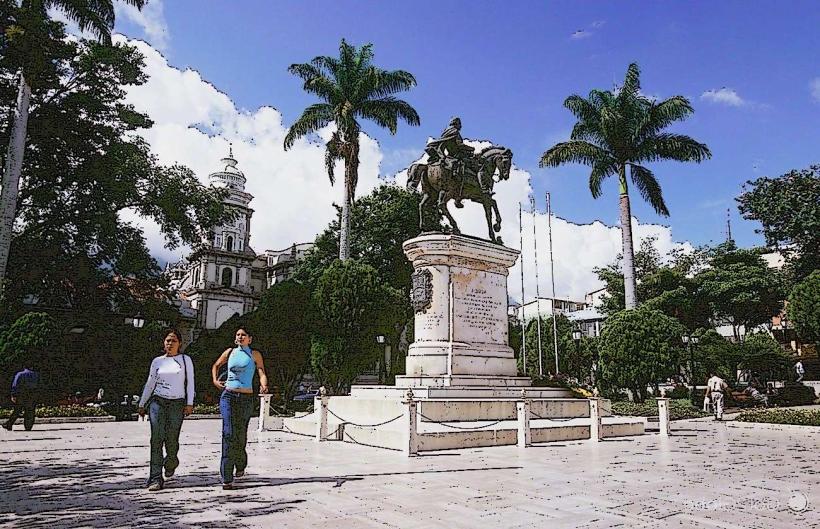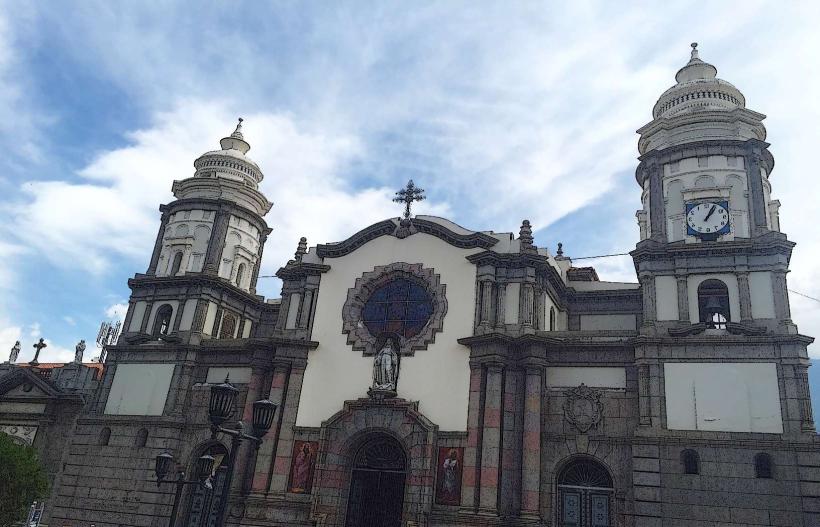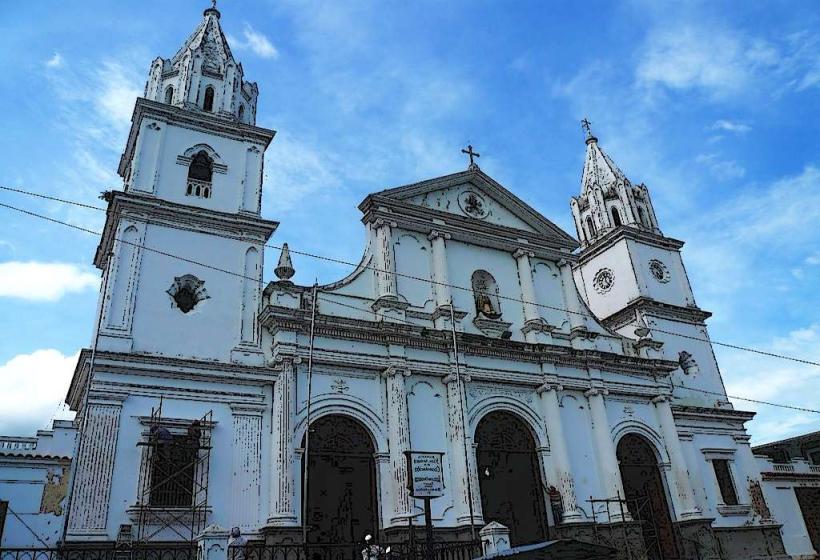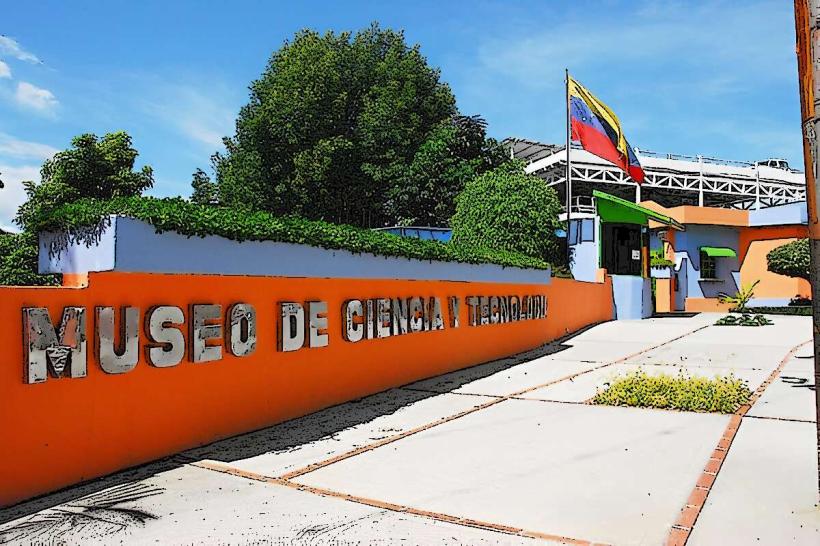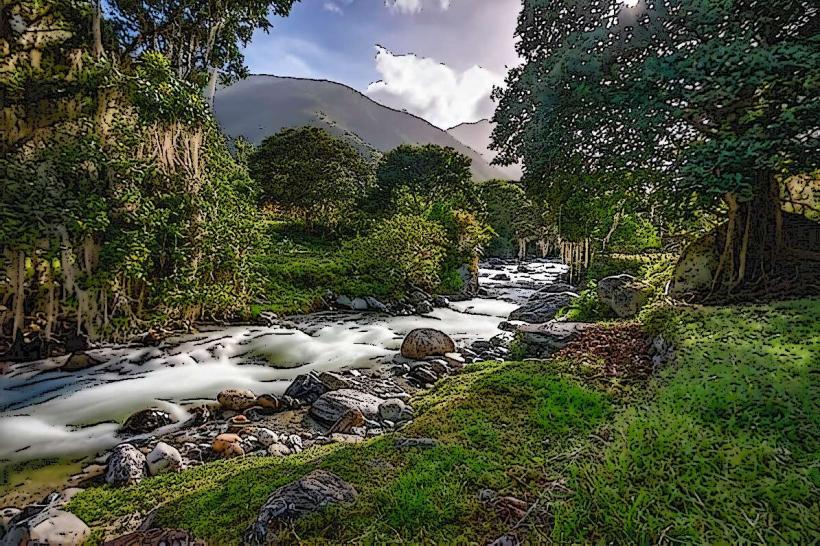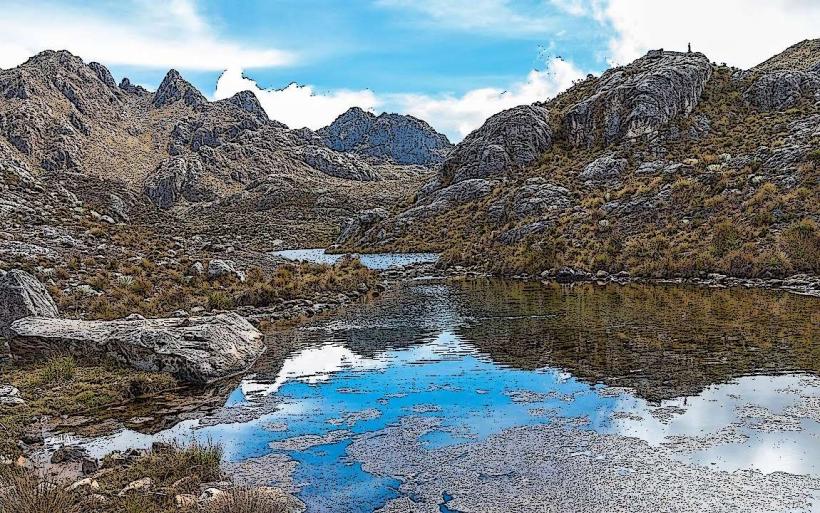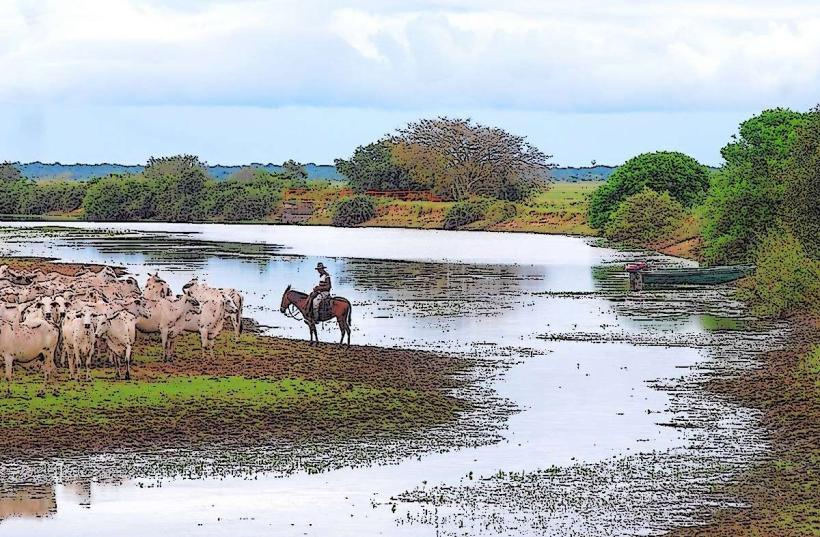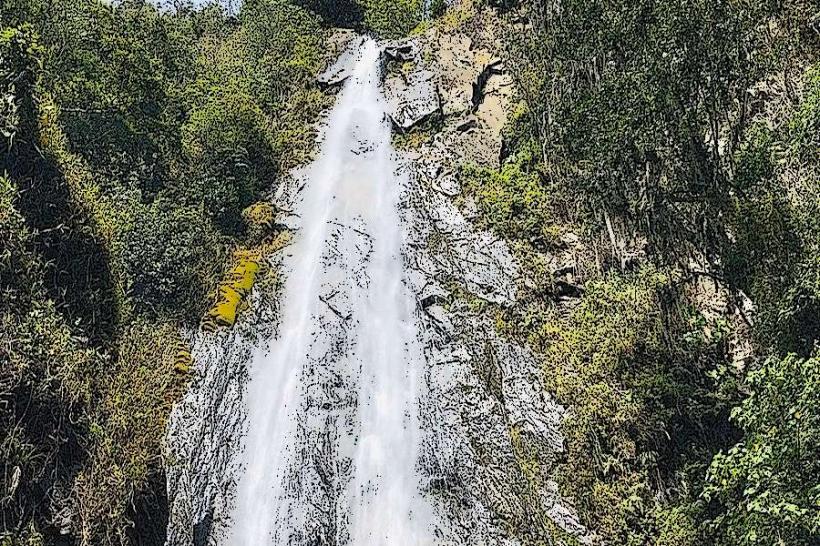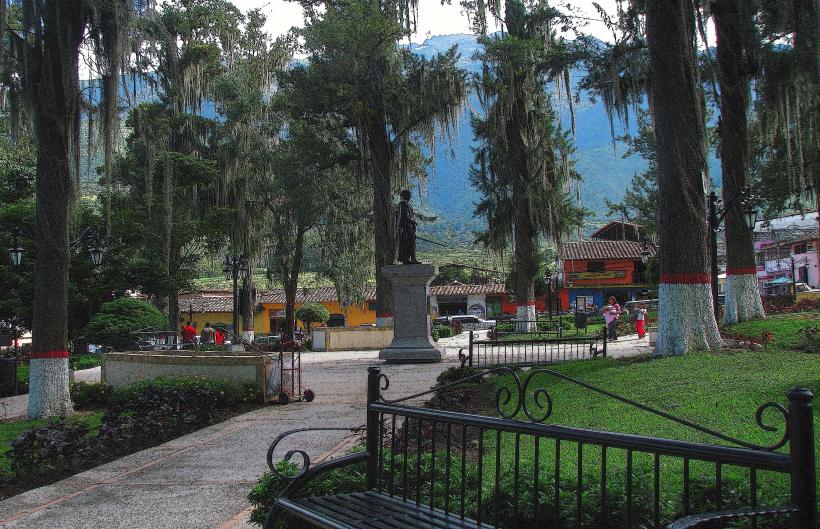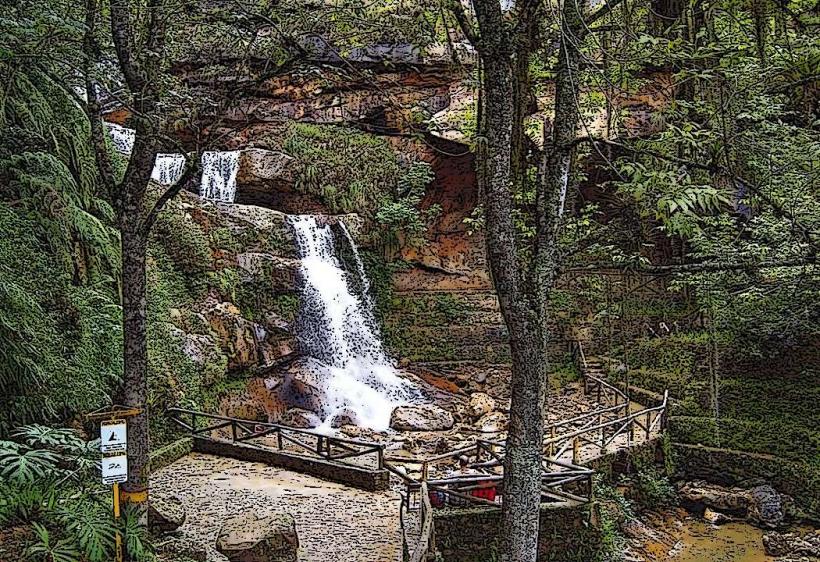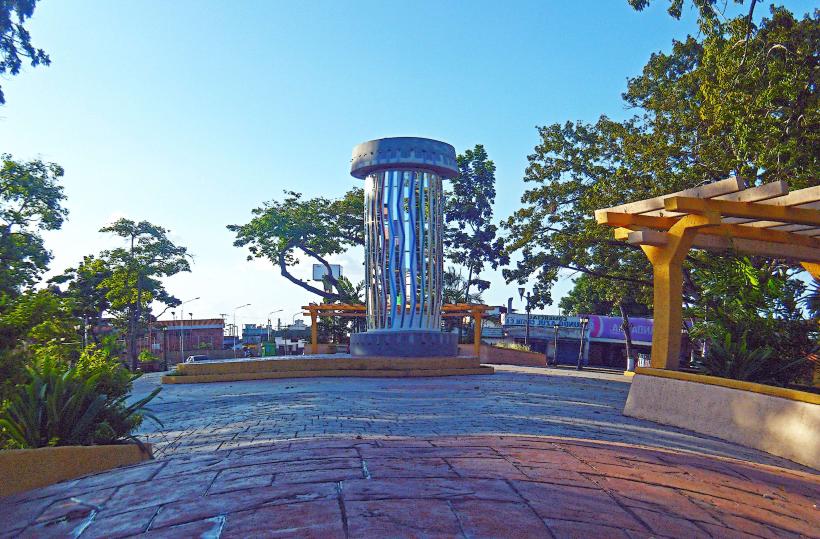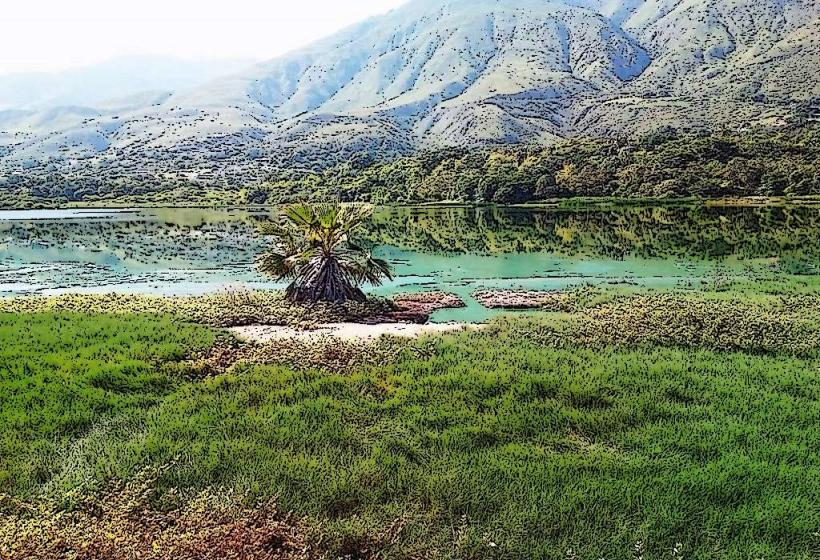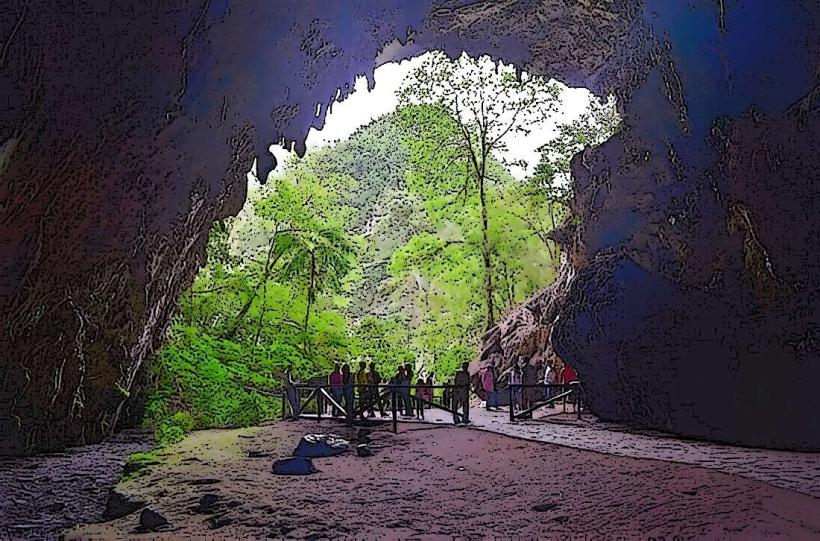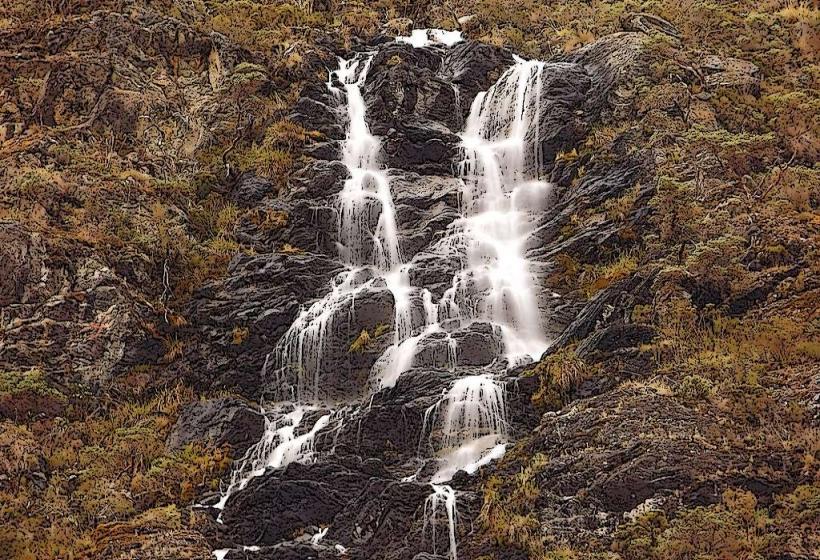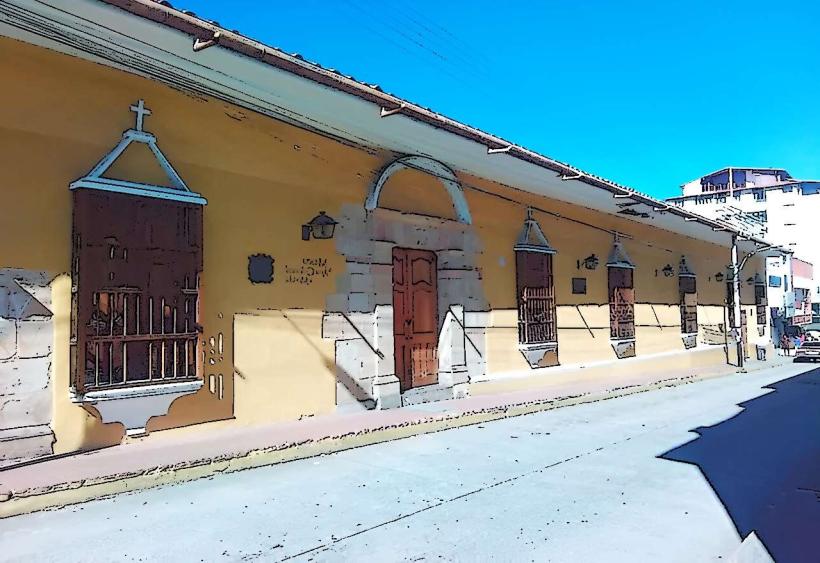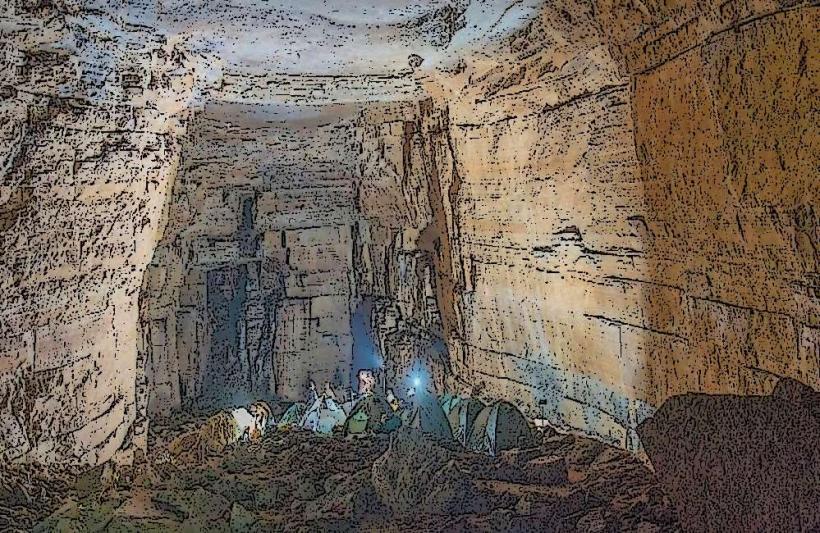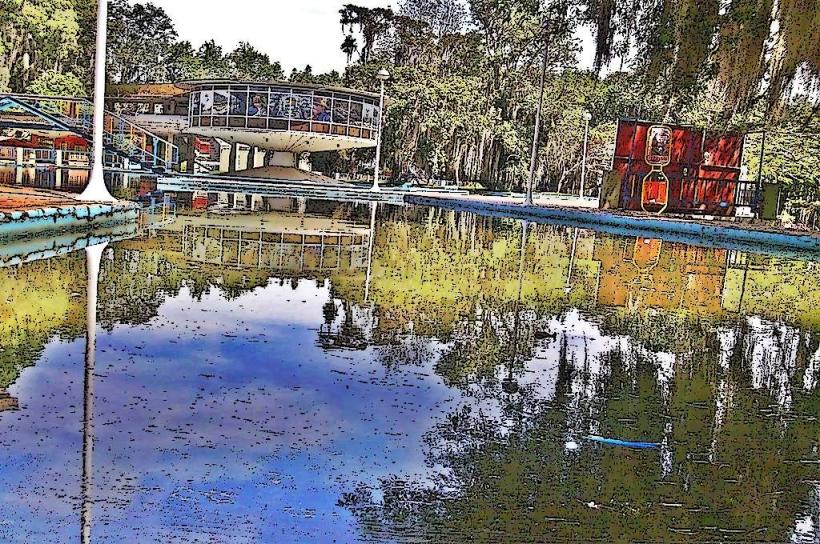Information
City: MeridaCountry: Venezuela
Continent: South America
Merida, Venezuela, South America
Overview
Mérida sits high in western Venezuela’s Andes, a lively city where cool mountain air drifts through busy plazas, consequently mérida draws both locals and visitors with its deep cultural roots, stunning mountain views, and easy access to trails that smell of pine after rain.It’s the capital of Mérida state, a location where cobblestone streets and colonial facades meet bustling cafés and shops, all set against the backdrop of snow-dusted Andean peaks, in turn number one.Mind you, Mérida sits high in the Andean Highlands, ringed by towering mountains, with Pico Bolívar-the tallest in Venezuela-rising to 4,978 meters (16,332 feet) and often capped with a glint of snow, not only that roughly 700 kilometers (435 miles) southwest of Caracas, Venezuela’s capital, the city sits high in the mountains at about 1,600 meters (5,200 feet), where the air feels crisp and the climate stays cooler than much of the country.Geography: Towering peaks cut across the land, giving way to shadowed valleys and ecosystems that shift from humid tropical forests to crisp, wind-swept alpine slopes, as a result pico Bolívar, rising from Sierra Nevada National Park, is the area’s most famous peak, and from the Mérida cable car you can watch jagged ridges fade into the clouds.Climate: Mérida enjoys a mild, temperate climate, with air that stays cooler year-round than in most of Venezuela-sometimes you can even feel a crisp breeze in the morning, and temperatures usually sit between 18°C and 24°C (64°F to 75°F), warm enough for a light jacket in the morning.Rain soaks the streets from May through November, then skies clear and the dry season stretches from December to April, not only that step two’s simple: mix things up so the pace feels natural.Spanish settlers founded Mérida in 1558, and its history runs deep-stone streets still echo with centuries of footsteps, moreover back in the colonial era, the town bustled as a hub for farming and trade, its market stalls heavy with grain and fresh fruit.In the 19th century, the city swelled as the railroad arrived and trains clattered in, carrying beans that made it a bustling center for the coffee trade, as a result in the early 1800s, Mérida stood at the heart of the Venezuelan War of Independence, its cobbled streets echoing with the march of revolution.Curiously, During Venezuela’s fight for independence from Spain, the city saw fierce battles in its streets and became a rallying point for political movements, in conjunction with simón Bolívar, the nation’s independence leader, once rode through Mérida on his way to free Venezuela, and the town still carries the echo of his legacy in its cobbled streets.Modern Mérida buzzes with life, drawing students to its universities, art lovers to its galleries, and travelers to its sunlit streets, consequently the city hosts one of Venezuela’s most prestigious universities, the University of the Andes (Universidad de los Andes, or ULA), whose lively campus hums with debate and fresh ideas.Three, in conjunction with in Mérida, culture and identity intertwine, mixing the colors of Mayan tradition, Spanish colonial charm, and the hum of modern life.The city bursts with artistic energy, from quiet galleries tucked along cobblestone streets to lively festivals and museums that honor its diverse heritage, also education: The University of the Andes (ULA) stands as a cornerstone of the region’s culture and learning, its heritage stone courtyards echoing with the voices of generations, sort of It’s helped build a lively student community and added fresh energy to the city’s intellectual scene, from late-night debates in coffee shops to packed lecture halls, besides mérida’s packed with libraries, buzzing research centers, and institutions devoted to art and science, from quiet reading rooms lined with timeworn books to sleek labs humming with equipment.Music and festivals fill Mérida’s streets with life, where the dazzling rhythms of gaita, the sway of merengue, and the pulse of salsa spill from cafés and open plazas, to boot the Mérida International Music Festival and the Andean Festival are only two of the many events that fill the city with music, color, and the hum of celebration.Cuisine: In Mérida, the local food draws deep influence from the Andean region, with potatoes, corn, and cheese forming the heart of most dishes-like steaming corn cakes fresh off the griddle, while favorites on the table include pabellón andino-a twist on Venezuela’s classic beef, rice, and beans-along with warm arepas, crispy empanadas, and creamy quesillo, the country’s own take on flan.Visitors can sample local cheeses, from the soft, creamy queso telita to the hand-shaped queso de mano with its fresh, milky scent, to boot number four.In Mérida, you can wander through centuries-ancient plazas, marvel at striking historical landmarks, or head out for outdoor adventures surrounded by the region’s natural beauty, as a result the Mérida Cable Car, or Teleférico de Mérida, is one of the city’s true icons, stretching farther and climbing higher than any other cable car in the world, with views that seem to spill into the clouds.From Mérida, it climbs all the way to Pico Espejo, rising to 4,700 meters-where the air feels thin and crisp, what’s more from the cable car, you’ll view the mountains rise like jagged stone waves and the valleys stretch far below, and once you reach the top, you can wander through the trails of Sierra Nevada National Park, mildly Sierra Nevada National Park sits just beyond the city limits, a UNESCO Biosphere Reserve where you can hike forested trails, pitch a tent under crisp mountain skies, or tackle rugged peaks, equally important visitors can wander through dense forests, skirt the edges of glassy lakes, and spot wildlife such as the soaring Andean condor or a mountain puma slipping silently between the rocks.Pico Bolívar towers as Venezuela’s highest peak, drawing climbers and adventurers eager to stand in its thin, brisk air, in conjunction with the steep climb to the summit rewards you with sweeping views of the valleys and ridges stretching out in every direction.Plaza Bolívar, the heart of the city, holds deep historical and cultural significance, with Simón Bolívar’s bronze statue standing tall at its center and colonial-era buildings casting long shadows around it, meanwhile the square also holds the Cathedral of Mérida, its pale stone walls rising in a graceful display of Spanish colonial design.Just outside Mérida lies Los Aleros, a rustic little village where adobe walls glow in the sun and visitors wander through an open-air museum that brings traditional Andean life to vivid, bustling detail, and visitors can wander through weathered wooden houses, browse farm tools worn smooth by years of use, and behold artifacts that bring Andean life vividly to light.Laguna de Mucubají, a clear mountain lake tucked high in Sierra Nevada National Park, is perfect for hiking its winding trails, casting a line, or enjoying a picnic by the cool, grassy shore, besides snow-dusted Andean peaks frame the area, making it a beloved stop for photographers and anyone who loves the outdoors.The Cathedral of Mérida rises in the city’s heart, its pale stone walls and towering arches a breathtaking showcase of colonial design, therefore sunlight spills through the stained-glass windows, and the altar glows with quiet beauty.Five, in conjunction with in Mérida, farms, bustling markets, and historic plazas draw visitors and keep the economy humming, alongside its growing universities.Around Mérida, the rich, gloomy soil yields abundant crops, with coffee, potatoes, and glowing flowers growing in neat rows across the fields, consequently this region ranks among Venezuela’s top coffee producers, where hillside farms fill the air with the smell of fresh beans drying in the sun.Tourism is a major driver of Mérida’s economy, filling markets with the scent of fresh tortillas and the chatter of visitors, on top of that the city draws visitors with its rugged hiking trails, thrilling adventure trips, and breathtaking mountain views.Perched high in the Andes, Mérida draws ecotourists with its green tours and rugged mountain treks, besides education: Home to the University of the Andes, Mérida thrives as an academic hub, its streets buzzing with students and its research projects feeding directly into the city’s growth.
Author: Tourist Landmarks
Date: 2025-10-29
Landmarks in merida

